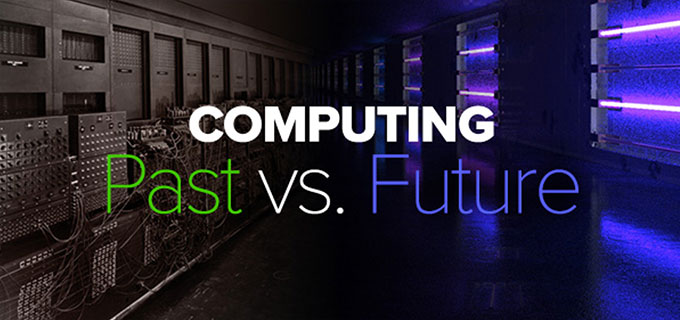
Meaning Processing – 2
Peter asked me to give you some more data on Meaning Processing, because he has to attend a scheduled appointment today. So, he gave me a briefing on what he was intending to say, and I will do my best to convey the essence of that to you now.
The first point is that he gave me a simple definition of Meaning Processing. It’s “getting the ambiguity out of the words”. You and I and everyone else we communicate with do this all the time.
If I’m the Personnel Manager and I say to you in a business meeting; “We need to fire bill.” There’s no way you are going to think I mean we need to set Bill on fire with a match, or that we should shoot him out of a cannon. But both of those meanings are possible for the word “fire”.
So, how do we do that? Well, we consider the environment we are in – it’s in a business meeting. And we consider the fact that I am the Personnel Manager, so I am often talking about the different staff members and how we should manage them. So, you can pretty rapidly sort out what I mean by using the word “fire”.
In other words, we look at the word in the context of the environment and we know which meaning is intended. And, in the case of the ExoBrain, the meaning processing will actually allocate a unique number for that meaning of the word in the way in which it is used in this instance. And it will have a unique number already allocated for all meanings of the words that are commonly used.
So, it cannot be considered ambiguous, because the exact meaning of the word has been defined. The computer running the ExoBrain does not use words. It uses numbers. And numbers are totally and exactly unique. 887721 is identical to 887721 and is totally different from all other numbers. There can be no confusion whatsoever if you tell the machine 887721. That number has one meaning and one meaning only.
When the machine is given an instruction that includes the number 887721, there can be no doubt at all that it means one thing, and one thing only. Ambiguity becomes impossible.
But today’s computers cannot do that. They do not work with meanings. If you say to a computer; “ We need to fire Bill.” It has no idea what you are talking about. If there needs to be any connection between what you say, and what it has to do about it, that connection is simply, and only, by comparing word sounds today.
It can hear the word “Print”, and that matches a sound that it has recorded in its command list. It’s a simple matching process. If the word sounds similar enough to one of the pre-recorded sounds in its command list, it fires the action associated with that pre-recorded sound. In other words, by matching that sound of the word “Print”, it knows that it then has to print the current document you have on the screen.
But it has no capacity to differentiate between words that have the same sound, but different meanings. So, you won’t find the word “Fire” in the sound command list of a computer.
Now, here’s an important question. If today’s computers (and AI software, by the way), cannot distinguish different meanings for words with the same sounds, how are they going to handle more complex commands than; “Print this page.”
For instance, suppose you said: “Go through all our orders and find the ones that have included apples. Then, of those who ordered apples, find the ones who also ordered other fruit. Then, send our latest catalogue to those ones.”
If you said that to a (human) personal assistant, they would know what you were talking about and would be able to follow such an order. But today’s computers, using word-recognition systems, will never be able to do that. Why? Because they do not understand the meanings of what they are being ordered to do. Whereas the ExoBrain, with its Meaning Processing, understands exactly what is being asked of it. And because there is no ambiguity at all in Meaning Processing definitions, there can be no confusion about what is being ordered or asked.
Just think about what that will mean to the business world. How many executives curse their computer systems because they cannot get the sort of data they want, when they want it. Imagine how valuable it would be to a restaurant chain marketing executive, if he or she could ask their computer; “How have the profits been affected in all 26 of our locations by the promotion we launched 6 hours ago?” That’s just not possible today.
I remember that in the early 1980s, IBM released the original IBM PC, and the business world went nuts. Why? Because suddenly executives and managers saw a way to get the answers they needed to run their operations independently from the huge central computers that companies were running at the time – computers that they could not use, or which took months to give them the answers, because of the waiting times.
I can tell you; the ExoBrain will have a very significant impact in the business world. Businessmen are starved for accurate data delivered in a timely fashion. And the current computer architecture will never be able to deliver that because they have no concept of Meaning Processing.
You see, it all comes back to making the ExoBrain work and think in the same way that a human does. And that requires unambiguous communication between the machine and the human. And that can only be achieved with Meaning Processing.

